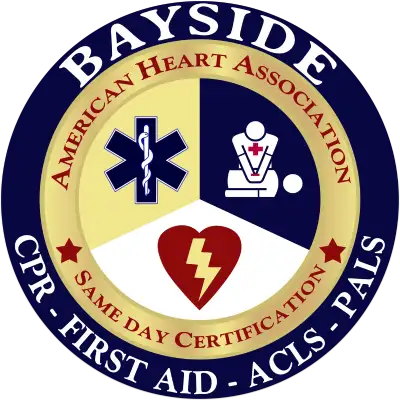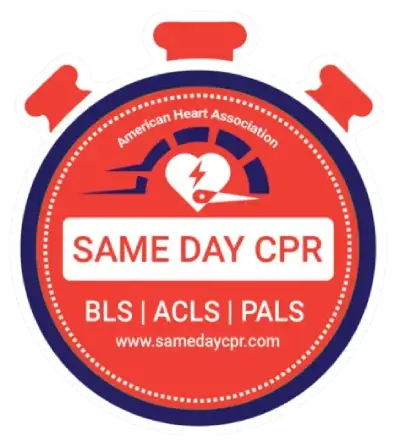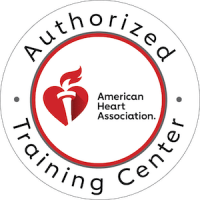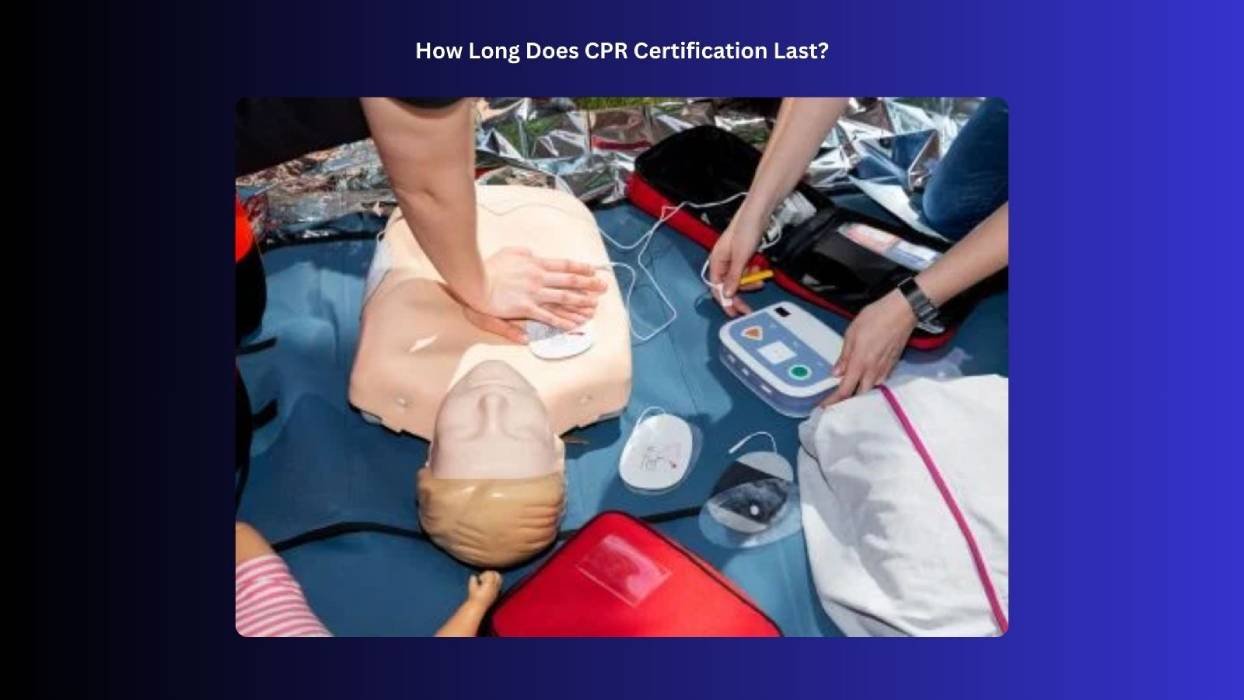
Category Archives: CPR

How Long Does CPR Certification Last?
CPR certification is an essential credential for healthcare professionals and others who may need to respond to medical emergencies. However, many people aren’t fully aware that CPR certification is not permanent as it expires and requires renewal....
Read More ›
Can I Take CPR Classes Without a Medical Background?
Yes, you can take CPR classes even if you don’t have a medical background. Cardiopulmonary resuscitation, or CPR, is a vital and urgent technique designed to help someone whose heart has stopped beating or who has stopped breathing effectively. Its...
Read More ›
Do Doctors and Other Professionals Need CPR Training?
When we think of CPR (Cardiopulmonary Resuscitation), we often imagine emergency responders or hospital staff rushing to save lives. But CPR skills extend far beyond emergency rooms. Whether you’re a doctor, nurse, teacher, coach, or office man...
Read More ›
Can You Get Sued for Performing CPR Without Certification?
CPR (cardiopulmonary resuscitation) is a critical intervention that can mean the difference between survival and death during an emergency. It involves delivering chest compressions and rescue breaths to a person who isn’t breathing or whose heart ...
Read More ›
Online vs. In-Person CPR Certification: What’s the Best Option for You?
Choosing the right CPR certification is an important step, whether you’re a healthcare worker, a teacher, a parent, or someone who simply wants to be prepared in an emergency. At Bayside CPR, we often get asked which is better: online CPR certifica...
Read More ›
Difference Between CPR and BLS: A Detailed Guide
When someone suddenly collapses, stops breathing, or their heart stops beating, the first few minutes are critical, and knowing how to respond can save a life. In these situations, two common terms arise: CPR (cardiopulmonary resuscitation) and BLS (...
Read More ›

